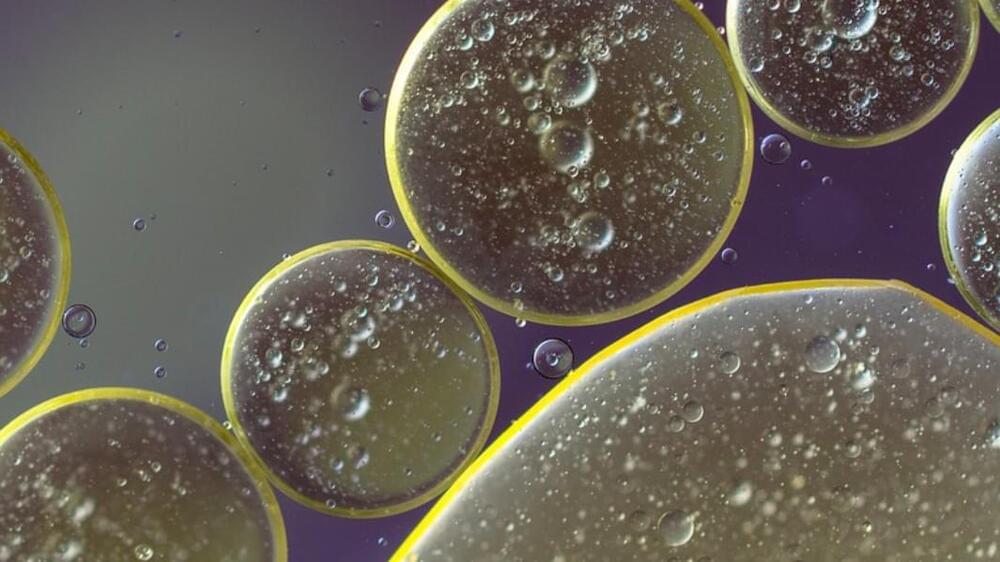Scientists are still determining whether humans will reach a maximum possible age or if we can extend lifespan indefinitely. One thing we know is that the aging we see and feel in our bodies is connected to aging that individual cells experience. Yeast is a common model in molecular biology that is often used to study aging. In 2020, scientists found that yeast cells could go down one of two aging paths; in one, structures called nucleoli were degraded and ribosomal DNA experienced less silencing; in the other, mitochondria were affected and heme accumulation was reduced. The researchers suggested that these were two distinct types of terminal aging.
In follow-up work, the research team has manipulated the genetics of those pathways, and have extended the lifespan of cells by doing so. The work has been reported in Science. The investigators applied a solution to the cells that altered gene circuits to stop the cells from deteriorating.
